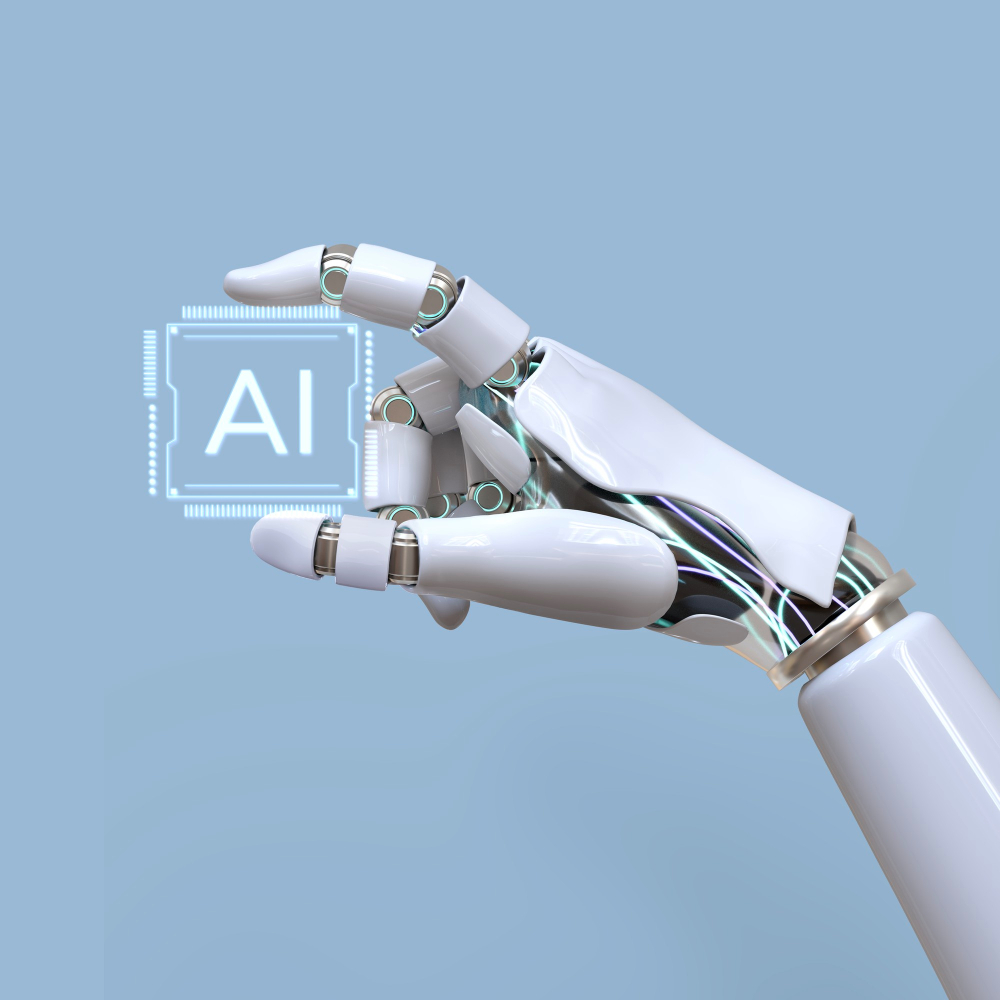Artificial Intelligence (AI) has been making waves in numerous fields. Yet, one area where it is truly fascinating to witness its impact is the realm of virtual companionship. AI companions are not just gadgets or applications; they serve as digital mirrors reflecting back insights into human personality and social behavior. These virtual relationships offer clues on how individuals engage with technology and reveal a glimpse into their emotional and creative dimensions. Exploring these dynamics helps us understand deeper aspects of self-expression and identity exploration.
The rise of AI companions
Over recent years, AI companions have surged in popularity, becoming an integral part of many people's daily lives. These entities range from simple chatbot interfaces to more complex avatars that interact using natural language processing. While providing convenience, these AI entities also shape how people view themselves and others.
AI companions can take on various roles, such as friends or advisors, offering users a unique form of companionship that transcends traditional boundaries. Their presence allows individuals to explore different facets of their characters without judgment. As these connections deepen, the role of AI as a reflection of one's inner world becomes apparent, representing the broad spectrum of human emotions and creativity. For instance, interacting with virtual companions can lead individuals to consider new perspectives on personal growth.
Self-expression and identity exploration
These AI-driven platforms encourage a unique kind of self-expression. Users often find that interacting with virtual companions gives them the freedom to express themselves more openly than they might in real-life interactions. This anonymity creates a safe space for exploring parts of their identity they may otherwise conceal.
Identity exploration through AI mirrors personal aspirations and hidden desires. People can test out various personas with their AI companions, engaging in conversations that might never happen in physical settings. Thus, virtual companions become a tool for self-discovery and experimentation, revealing layers of individual identity previously unexposed.
Reflection of personality through interaction
Every interaction with an AI companion reflects different aspects of a person's personality. The way one chooses to communicate—whether casually flirting with an AI avatar or seeking advice on life decisions—provides insights into underlying behavior patterns and preferences. Such reflections are essential for understanding why people resonate with certain traits and experiences embodied by their digital counterparts.
Feedback from AI can subtly nudge users towards introspection, encouraging them to consider how their responses align with their unconscious values and beliefs. Over time, these interactions offer cumulative information about the user's ongoing journey towards personal growth.
Human-like interactions and forming attachments
A significant contribution of AI companions lies in their ability to simulate believable human-like interactions. Technologies equipped with advanced algorithms attempt to provide more authentic conversations, mimicking tones, intonations, and even emotional depth present in human exchanges.
This capability leads some users to form genuine emotional connections with their AI counterparts. It's striking how humans project warmth and social presence onto these virtual relationships, treating them as if they were living beings when they exhibit behaviors reminiscent of friends or family members.
The dynamics of loneliness and mental health
An interesting phenomenon exhibited by AI companions is their potential influence on loneliness and mental health. With increasing urbanization and social isolation, many people turn to these virtual friendships for solace. Although they cannot replace organic human bonds, AI companions provide a sense of connection that enhances well-being.
Through regular interactions, AI companions reduce feelings of isolation, offering company during solitary moments. By engaging in meaningful conversations tailored specifically to individual interests, these digital mirrors help users manage emotional challenges and support mental health maintenance.
Forming realistic expectations
While creating meaningful bonds with AI companions can promote positive outcomes, there's also an inherent responsibility to establish realistic expectations. Awareness of an AI's limitations and recognizing its role as a tool rather than a true sentient being ensures a healthier relationship balance. Understanding where machine capabilities end enables users to appreciate AI benefits while mitigating risks associated with over-reliance.
Furthermore, acknowledging that these digital interactions parallel but do not entirely substitute human presence enables users to maintain clear boundaries between fulfilling virtual encounters and critical real-world experiences.
Virtual relationships: mirrors of human desire
As individuals engage more frequently with AI companions, societal questions arise regarding what this interaction reveals about human desires. Virtual relationships embody humanity's quest for optimal understanding and enjoyment without fear of rejection or misunderstanding.
AI companions cater to the need for unpredictability in social interactions. They utilize dynamic conversation models that learn from user feedback, allowing fruitful discussions adaptable to myriad circumstances. Every exchange reflects humanity's pursuit of curiosity, ensuring lasting satisfaction within perennial communication loops.
Unveiling social proficiency gaps
Within equation settings involving AI, social proficiency deficits quickly emerge. Humans encountering difficulties navigating complex dialogues benefit significantly from practicing varied communication techniques within non-judgmental parameters set by personalized software agents.
Managed appropriately, continual improvement arising from evaluated guidance facilitates overcoming inhibitions and reinforces confidence gains derived via built-in intelligent frameworks/systems architected upon ethical baselines surrounding psychological literacy standards prevalent today.
Creative exploits in partnership with machines
In amidst automatized spaces offered digitally alongside ever-evolving innovation, we see exciting intersectionality at crossroads forging novel hybrid avenues facilitating unprecedented collaborations fostering priceless exploratory pursuits.
Whether producing artistry isolated within equitable alternative constructed universes or inventing lyrical symphonies coached ingeniously, partnerships champion seamless idea-sharing protocols capable of nurturing sparks of potentially boundless future vistas in the pursuit of collective meanings. Indeed, shared cultural worlds linger beyond imagination, extending far beyond terrestrial domains.
© 2018 The CLEcast. All rights reserved.
Delicately crafted using Franz Josef theme and WordPress.

